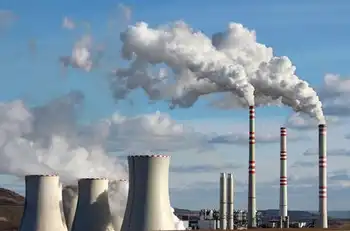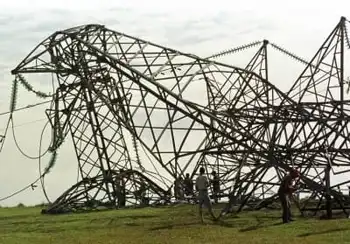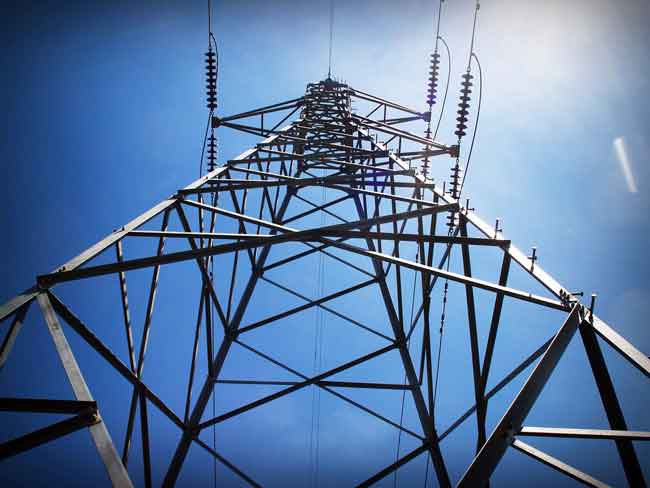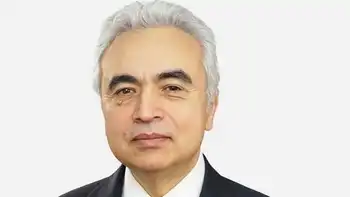GDF Suez preferred bidder for Saudi plant
RIYADH, SAUDI ARABIA - GDF Suez SA has been appointed the preferred bidder for the greenfield 1,730-megawatt (MW) gas-fired independent power project known as Riyadh PP 11, located approximately 125 kilometers west of Riyadh, Saudi Arabia.
In conjunction with Saudi Electricity Company (SEC), GDF Suez plans to raise about $1.8 billion through export-credit facilities and syndicated bank loans for the $2 billion power plant. A private bank syndicate, understood to involve Banque Saudi Fransi, Alinma Bank and Credit Agricole SA, is set to arrange 20-year financing for the project over the coming months.
Bidding for the plant was initiated in July 2009, when the project was estimated to cost $3.2 billion. This was reduced to $2 billion in October. Bidding for the plant closed in December, with GDF Suez bidding as part of a consortium with Saudi firm Al Jomaih Holding Company. General Electric Company was to supply gas turbines, and Hyundai Heavy Industries Company Limited was the consortium's main contractor.
The consortium was named as the preferred bidder earlier this month, against competition from other bidders, including Korean Electric Power Corporation (KEPCO), Marubeni Corporation and Mitsubishi Corporation. As the winning bidder, the GDF Suez consortium will own 50% of a company that will build, own and operate the power plant, while the remaining 50% will be owned by SEC.
The combined-cycle gas turbine (CCGT) power plant is scheduled to be developed in two phases, with the first phase scheduled to be completed by 2013. The CCGT plant will use recovered heat from the gas-fired turbines to provide extra steam to drive steam turbines to produce additional electricity. In addition to using gas as the main fuel for the plant, it will also be capable of using Arab super-light crude oil as a backup fuel supply.
SEC will purchase electricity produced from the power plant under a 20-year power purchase agreement (PPA). The power plant is a part of Saudi Arabia's $20 billion plan to increase electricity generating capacity by at least 10,000 MW in the next three years. The country plans for at least six independent power plants to be established within this timeframe.
With many infrastructure projects under way in Saudi Arabia, demand for electricity is growing substantially in the country. Power consumption in 2006 was 30,000 MW, but many experts believe that Saudi Arabia will require up to 70,000 MW of generating capacity to meet demand by 2024.
SEC has a current installed generating capacity of about 40,000 MW and plans to invest up to $80 billion by 2018 to increase generating capacity by a further 20,000 MW. Last year, SEC signed a contract for the construction of a fuel oil-powered plant at Rabigh with a consortium led by KEPCO. As with the Riyadh project, the consortium will be required to supply SEC with electricity from the plant over the next 20 years under a PPA.
Related News

Ontario Provides Stable Electricity Pricing for Industrial and Commercial Companies
TORONTO - The Ontario government is helping large industrial and commercial companies return to full levels of operation without the fear of electricity costs spiking by providing more stable electricity pricing for two years. Effective immediately, companies that participate in the Industrial Conservation Initiative (ICI) will not be required to reduce their electricity usage during peak hours, as their proportion of Global Adjustment (GA) charges for these companies will be frozen.
"Ontario's industrial and commercial electricity consumers continue to experience unprecedented economic challenges during COVID-19," said Greg Rickford, Minister of Energy, Northern Development and Mines. "Today's announcement will allow large industrial…




